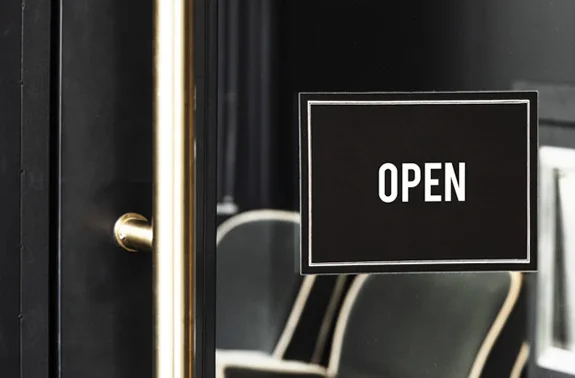Government Outlines Basic Framework for Restarting UK Economy

The UK government has begun the process of restarting the economy, having outlined several lockdown relaxations to be introduced over the coming weeks.
Businesses, trade bodies, unions, and worker representatives have all been invited to submit their input and ideas as to how the economy should be restarted in the safest and most manageable way.
Dates have yet to be confirmed for all areas as to when the official restart will commence, though it is widely expected that the staggered ‘back to work’ plan will be divided by working environment.
Specifically, business groups and unions have been asked for their feedback across seven areas of industry:
- Outdoor work: including agriculture, construction, and energy
- Non-food retail: High Street
- Transport and logistics
- Manufacturing: including food processing and engineering
- Indoor work: offices, laboratories, and central call facility services
- Work in the home: plumbers, painters, and decorators; care sector
- Hospitality and leisure: pubs, clubs, restaurants, cinemas, theatres
In the government’s most recent statement regarding the relaxation of lockdown in England, it was stated that anyone who can work from home should continue to do so. Those unable or who have difficulty working from home were advised to return to work, provided their place of work could be ‘Covid-19 secure’ and that government guidelines were being followed.
Reopening businesses safely
Safety remains the primary concern for most businesses and unions across the UK. Restarting the economy and reopening thousands of businesses would inevitably lead to difficulties in complying with current social distancing and general COVID-19 safety guidelines, and many adaptations and alterations to working environments are taking place throughout the nation.
In some sectors, such as hospitality, business owners and proprietors have suggested that reopening while current social distancing rules apply could be potentially more difficult; however, in most arenas, alterations are in process or have already been made.
There is some indication that the principles imposed as part of the economic restart plan would not require certain workers to observe the rules on social distancing, but instead, additional tools provided by way of personal protective equipment (PPE) such as masks, gloves, protective eyewear, protective screens, etc. would possibly be a suitable alternative.
In any case, the use of such PPE in some areas of commercial, industrial, and hospitality environments would likely prove impractical.
Gauging demand post-lockdown
The point has also been raised that it remains unclear as to how much demand there will be for the products and services provided by some businesses reopening throughout the economic recovery plan. Examples of this include car showrooms and factories, which may once again commence sales but are unlikely to immediately attract the same amount of business as they would normally in the run-up to summer.
Likewise, there may also be workers who simply refuse point-blank to return to work in the absence of health and safety guarantees, which, for the time being, most employers simply cannot 100% provide.
Closing the UK economy in its entirety was one of the biggest challenges the lockdown brought about. Restarting it again could prove just as tricky for the UK government, but there is a growing drive from many industries to make this happen as quickly as possible.
